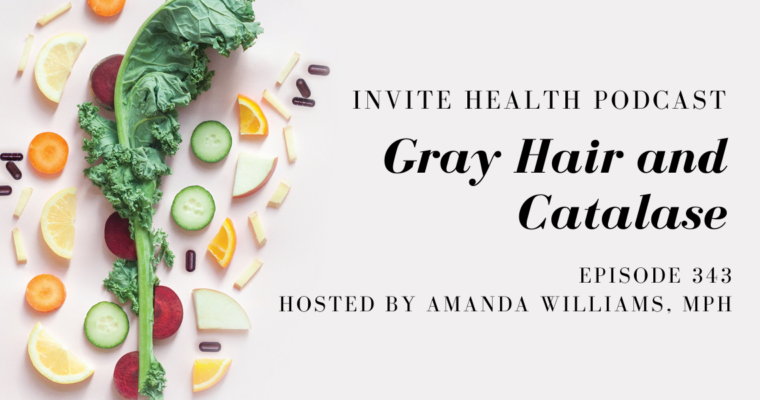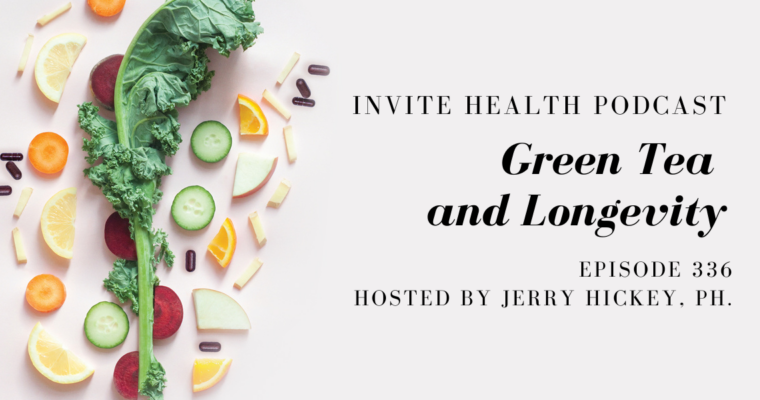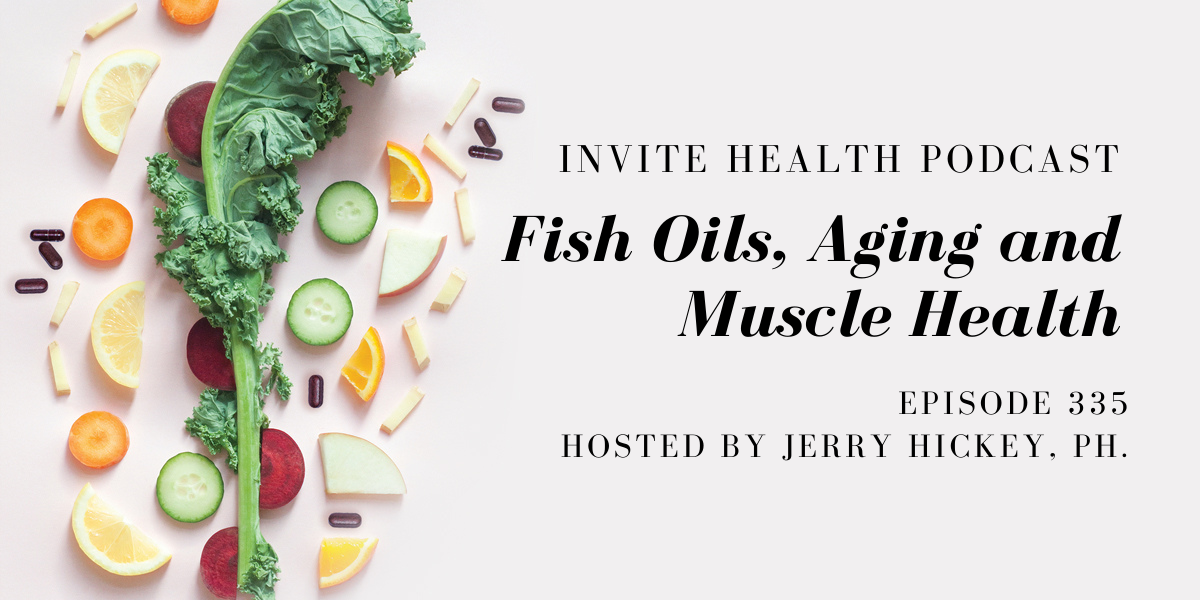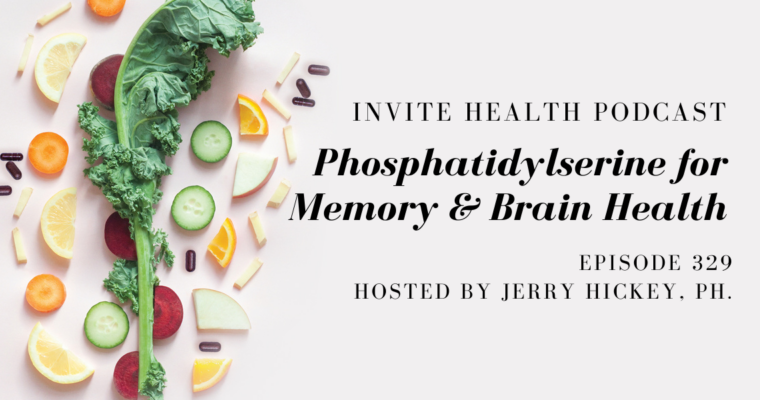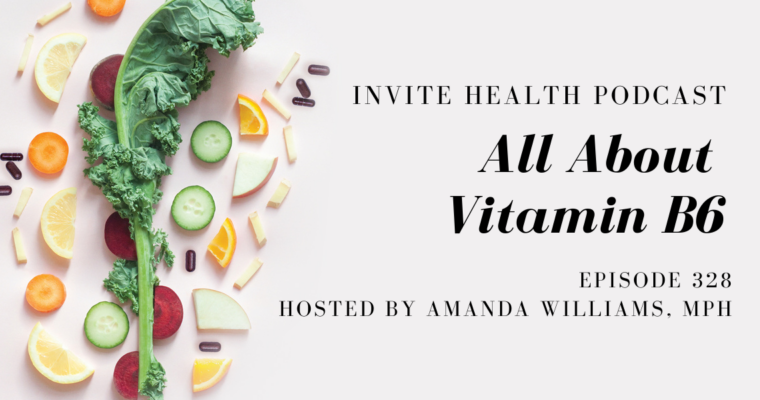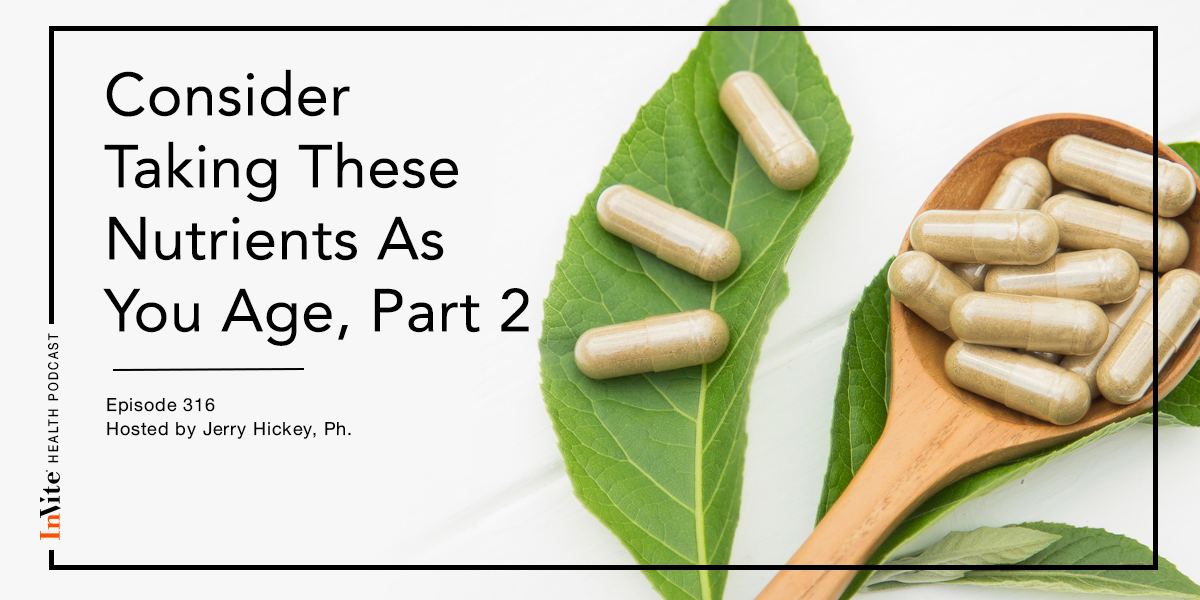muscle health
Invite Health Podcast, Episode hosted by Jerry Hickey, Ph.
Subscribe Today!
Declining muscle mass is a part of aging, but you can help stop it with the help of fatty acids found in fish oils.†
Age-related loss of muscle mass is called sarcopenia. It’s a natural consequence of aging and actually starts in our 30s. We begin to lose as much as 3% of our muscle and strength per decade and that accelerates to about 5% as we get older.†
The implications of muscle loss
Less muscle mass means you’re getting weaker, which can affect your mobility. This can lead to an increased risk of falls and fractures. A 2015 study from the American Society for Bone and Mineral Research found that older people with muscle loss had over twice the risk of breaking a bone with a mild fall. It could be a broken hip, leg, wrist or arm.†
REDUCE YOUR RISK OF HIP FRACTURES & SUPPORT BONE HEALTH – INVITE HEALTH PODCAST, EPISODE 295. Listen Now>>
Muscle can help reduce your risk of injury and your risk of developing diabetes, as it is a storage site for sugar that traps the sugar there and prevents it from reentering the system. Muscle loss can impact your gait, mobility, bone health and posture. Losing muscle can also lead to frailty syndrome, which is terrible because you become inactive and begin to shrink. This often leads to older people losing their independence. Muscle loss may also lead to the development of some age-related conditions such as heart disease, arthritis and dementia.†

Fish oils and muscle health
Fish oils can affect muscle health. Studies have shown that fish oils can help with muscle loss in aging people and people who are ill. Experts think that this might be linked to a reduced level of inflammation in aging muscles. Inflammation increases as we age.†
HOW DIFFERENT TYPES OF INFLAMMATION IMPACT YOUR BODY – INVITE HEALTH PODCAST, EPISODE 314. Listen Now>>
A study published in the journal Nutrients done by researchers at McGill University found that fish oils, amongst other nutrients, are needed for muscle mass, strength, mobility and physical function in older adults. This can help them to maintain their independence. These researchers recommended approximately 3000 mg of fatty acids from fish oil daily for physical function, muscle mass and strength in aging people. If you take a krill oil supplement like Krill Oil Advanced, you can take less because these fatty acids are absorbed better from krill oils than from fish oils.†
In this episode, Jerry Hickey, Ph. speaks about the power of fish oils when it comes to rebuilding muscle. He shares several studies indicating that the fatty acids in fish oils can benefit muscle strength and mass, while also explaining the dangers of losing muscle.†
Key Topics:
- Research on rebuilding muscle in older men
- How testosterone levels impact muscle health
- The importance of muscle in the body
- Protein’s role in muscle health
- Muscle health in women
Thank you for tuning in to the Invite Health Podcast. You can find all of our episodes for free wherever you listen to podcasts or by visiting www.invitehealth.com/podcast. Make sure you subscribe and leave us a review! Follow us on Facebook, Twitter and Instagram at Invite Health today. We’ll see you next time on another episode of the Invite Health Podcast.


